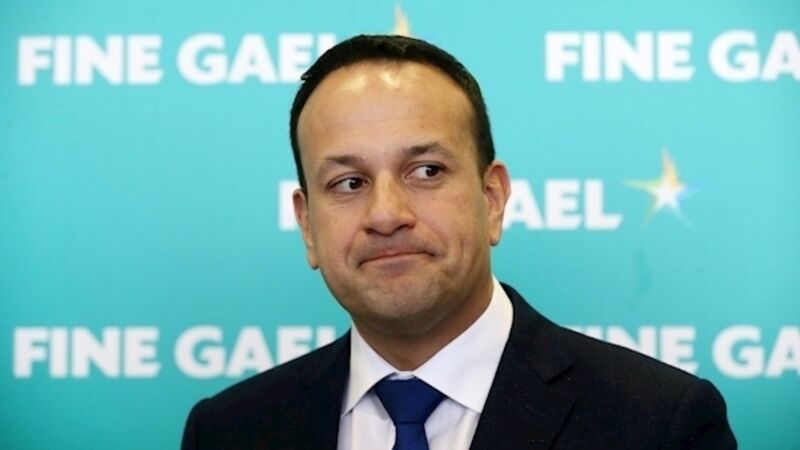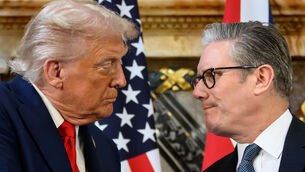Leo’s Ireland is a blank slate on which his success may be emulated by all

Fine Gael came out of its national conference on Saturday night into the last lap of this Government’s life span, writes .
It is ahead politically now, but only just. Events are gathering, not just on Brexit but domestically too.














